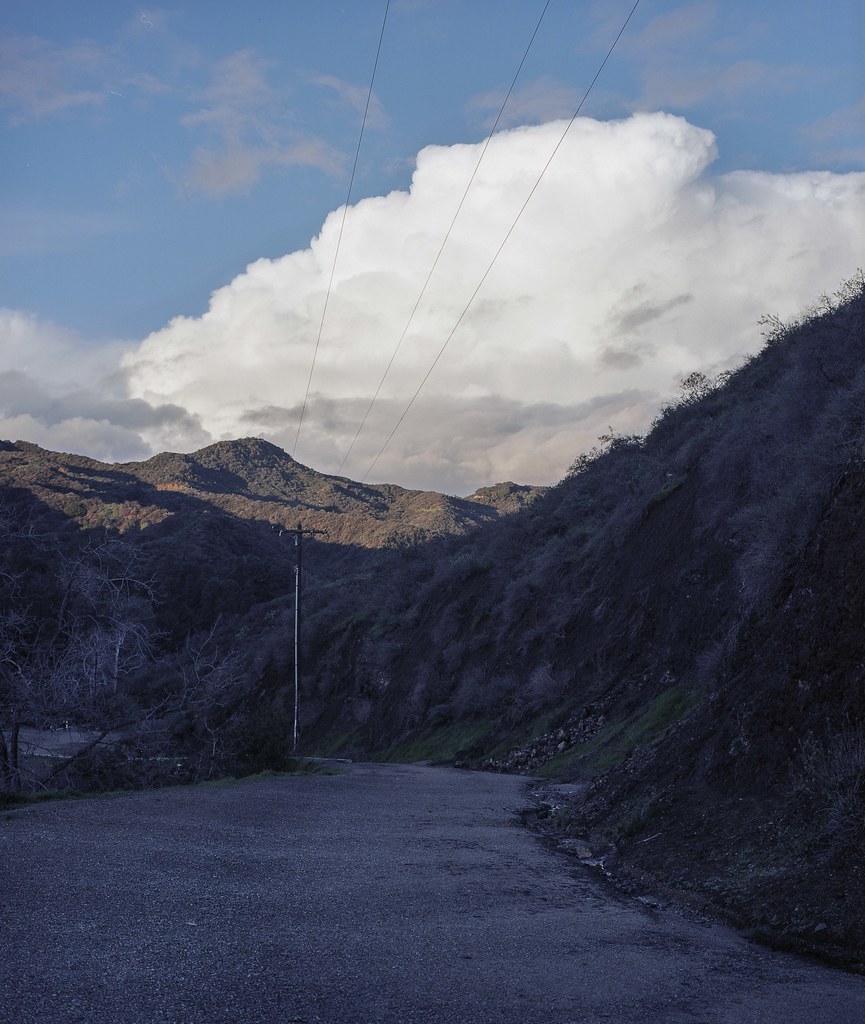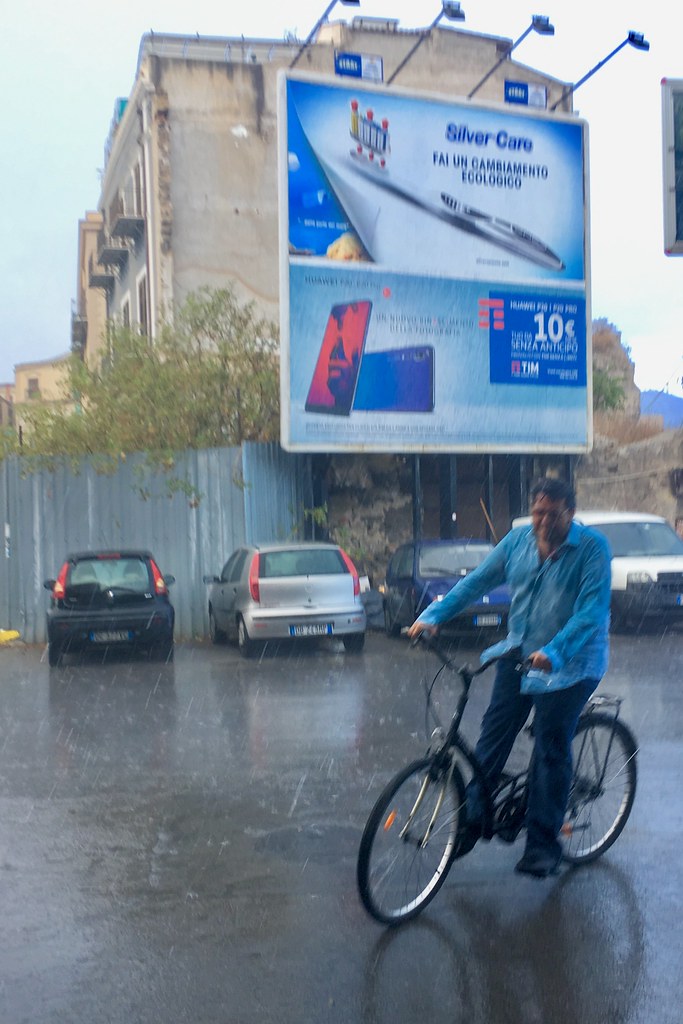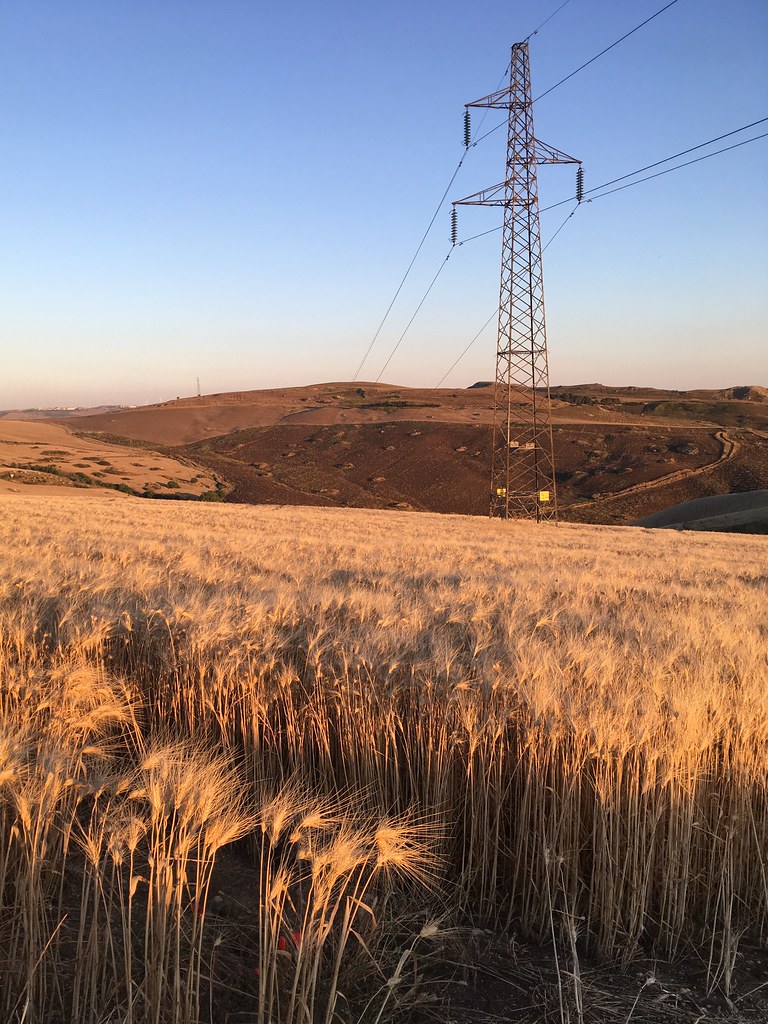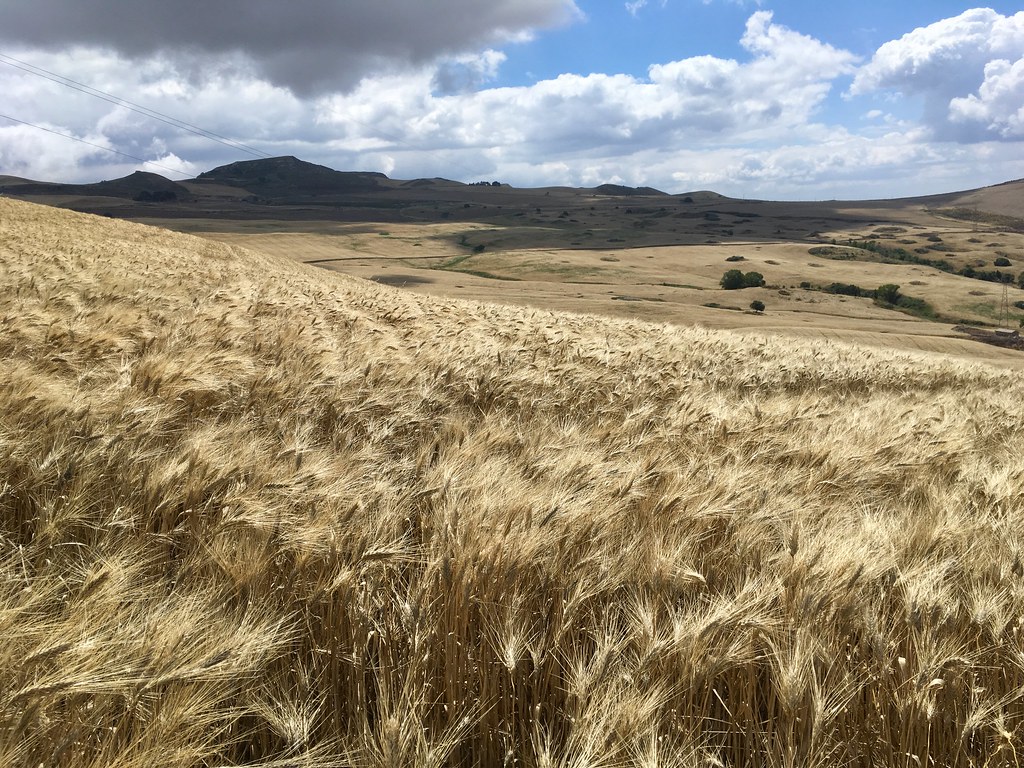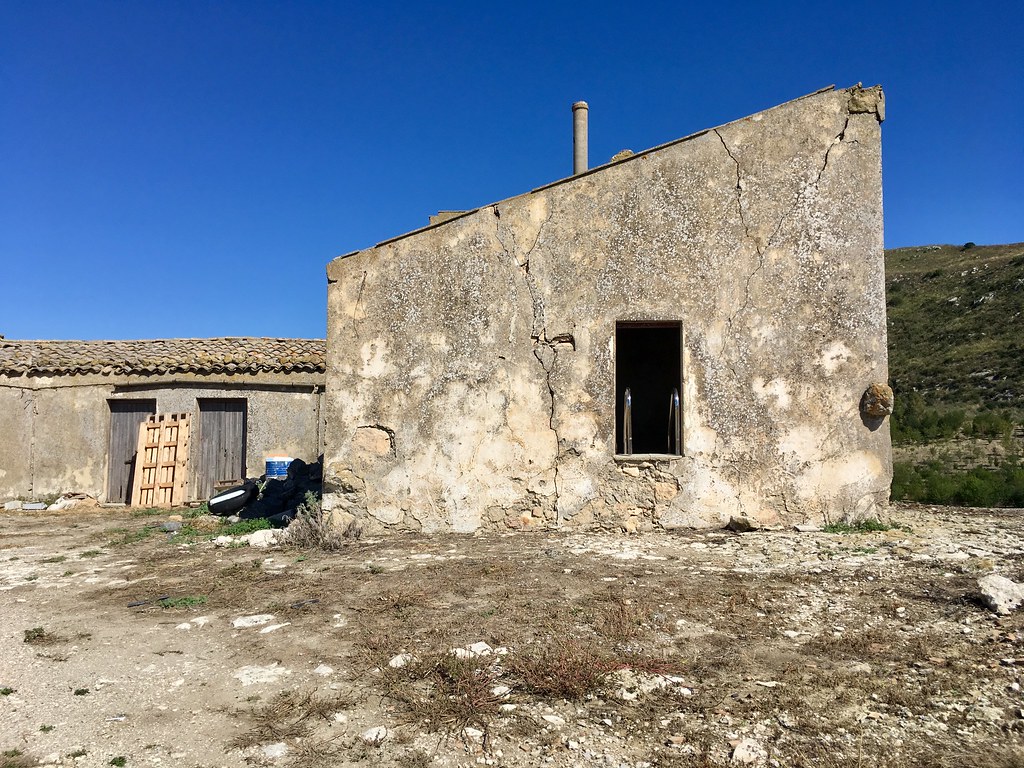.
![Enfield reflectors | by satguru]()
My mother fell into a consumption. I cooked her meals for her, sat in a chair and read her novels, administered the drug called Quietness that seemed to lift her not only from her pain but from herself, for a few minutes, or an hour, and with a cool cloth wiped away the tangled strands of grimy hair that fell across her fevered brow - that face doubly dear to me - because for those several years, after my father's fatal fall, and the horrid interloper Rawlings, a wretched clerk whose true trade it was to prey on widows, then later the other disgraces, the tales of her being kept by the Jew at Enfield, and my grandmother telling us nothing of her, we had supposed her forever gone - and then her coming back a sad wanderer, drinking brandy - this dying beauty, coiling in her pain upon the drenched bedsheets - I believe it was her seeming not so much my mother as some marvelous revenant out of a ghost story or a tragedy, forced to undergo its end a second time, that made my fear so grave, my love for her so strong, and my grief in the later days back at school so unnerving - so that during study hours I stood behind the master's desk to dwell unto myself, in my anguish over losing her, while the other boys and the master himself kindly waited upon me, and the room fell hushed.
TC: Quietness (1810), from Junkets on a Sad Planet: Scenes from the Life of John Keats (1994)
![Enfield headroom | by satguru]()
Enfield headroom | It is a pisser trying to use a flash with a reflective sign reflecting it away. There was one on the other side of the crossing till recently on its own and without a tree but too late to get that, it had the earlier font and probably no cats eyes. (Enfield, London): photo by David Howard, 20 November 2011
![IMG_1168 | by Tupinambah]()
IMG_1168 (Enfield, London): photo by Tupinambah, 8 April 2012
![IMG_1168 | by Tupinambah]()
IMG_1168 (Enfield, London): photo by Tupinambah, 8 April 2012
![IMG_1168 | by Tupinambah]()
IMG_1168 (Enfield, London): photo by Tupinambah, 8 April 2012
![A Month in Enfield | by Archimandrill]()
![Enfield Lock | by fslangridge]()
Enfield Locks (Enfield, London): photo by Fred Langridge, 24 June 2017
![Enfield Lock | by fslangridge]()
Enfield Locks (Enfield, London): photo by Fred Langridge, 24 June 2017
![Enfield Lock | by fslangridge]()
Enfield Locks (Enfield, London): photo by Fred Langridge, 24 June 2017
![Spire shadow 2 | by Archimandrill]()
![Spire shadow 2 | by Archimandrill]()
Keats in Italy
![Post Office | by ADMurr]()
![Palermo | by ADMurr]()
![Ragusa | by ADMurr]()
![Noto | by ADMurr]()
![]()
View of the Campagna: Claude Lorrain, n.d. (British Museum, London)
![]()
Campagna landscape: Arnold Böcklin, 1857-8 (Nationalgalerie, Berlin)
![]()
Stormy Weather over the Roman Campagna: Karl Blecher, 1829 (Nationalgalerie, Berlin0
High noon of brutal relentless sun,
Roma, May 2008 | R0010124 copia_a: photo by Roccantica, 22 May 2008
![Roma, October 2017 #6 | by Roccantica]()
Roma, October 2017 #6 | DSCF2177 copia_a: photo by Roccantica, 20 October 2017
![Bright cloud | by ADMurr]()
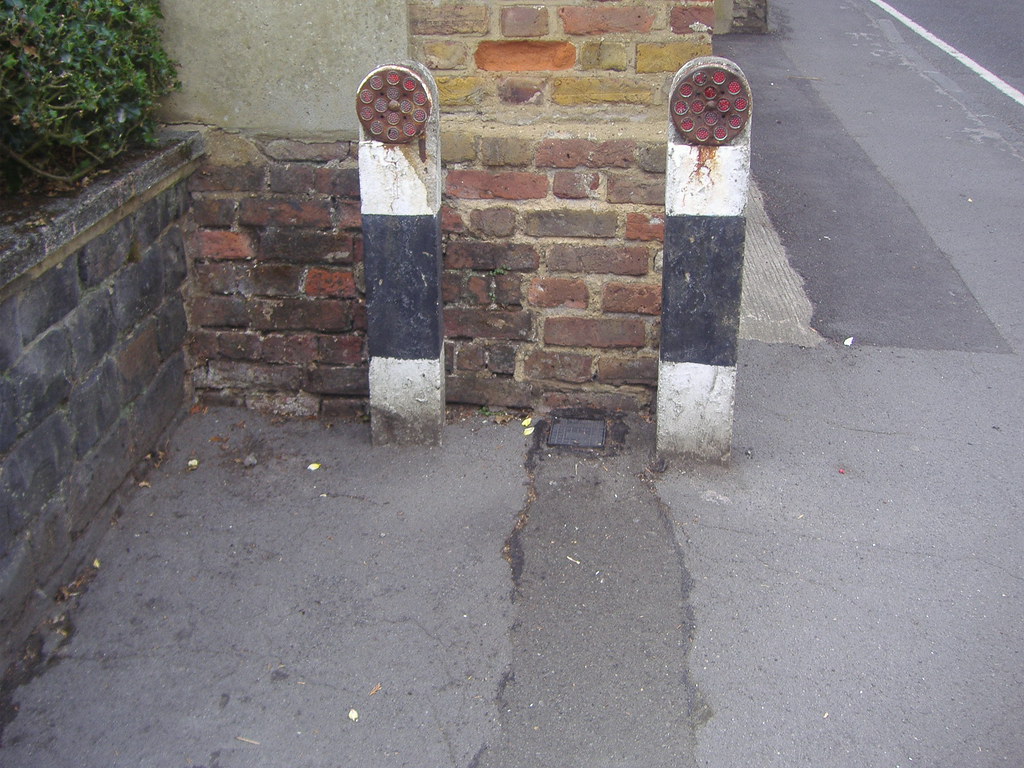
Enfield reflectors | Every part still present and correct (Enfield, London): photo by David Howard, 5 August 2010
Quietness (1810)My mother fell into a consumption. I cooked her meals for her, sat in a chair and read her novels, administered the drug called Quietness that seemed to lift her not only from her pain but from herself, for a few minutes, or an hour, and with a cool cloth wiped away the tangled strands of grimy hair that fell across her fevered brow - that face doubly dear to me - because for those several years, after my father's fatal fall, and the horrid interloper Rawlings, a wretched clerk whose true trade it was to prey on widows, then later the other disgraces, the tales of her being kept by the Jew at Enfield, and my grandmother telling us nothing of her, we had supposed her forever gone - and then her coming back a sad wanderer, drinking brandy - this dying beauty, coiling in her pain upon the drenched bedsheets - I believe it was her seeming not so much my mother as some marvelous revenant out of a ghost story or a tragedy, forced to undergo its end a second time, that made my fear so grave, my love for her so strong, and my grief in the later days back at school so unnerving - so that during study hours I stood behind the master's desk to dwell unto myself, in my anguish over losing her, while the other boys and the master himself kindly waited upon me, and the room fell hushed.
TC: Quietness (1810), from Junkets on a Sad Planet: Scenes from the Life of John Keats (1994)
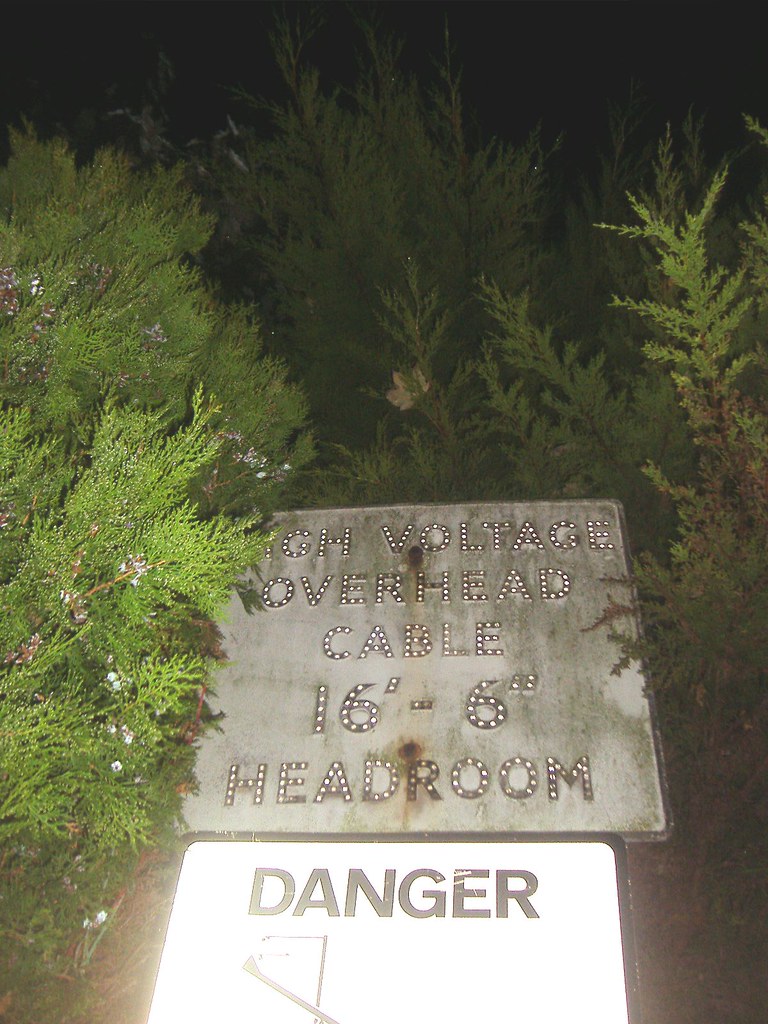
Enfield headroom | It is a pisser trying to use a flash with a reflective sign reflecting it away. There was one on the other side of the crossing till recently on its own and without a tree but too late to get that, it had the earlier font and probably no cats eyes. (Enfield, London): photo by David Howard, 20 November 2011
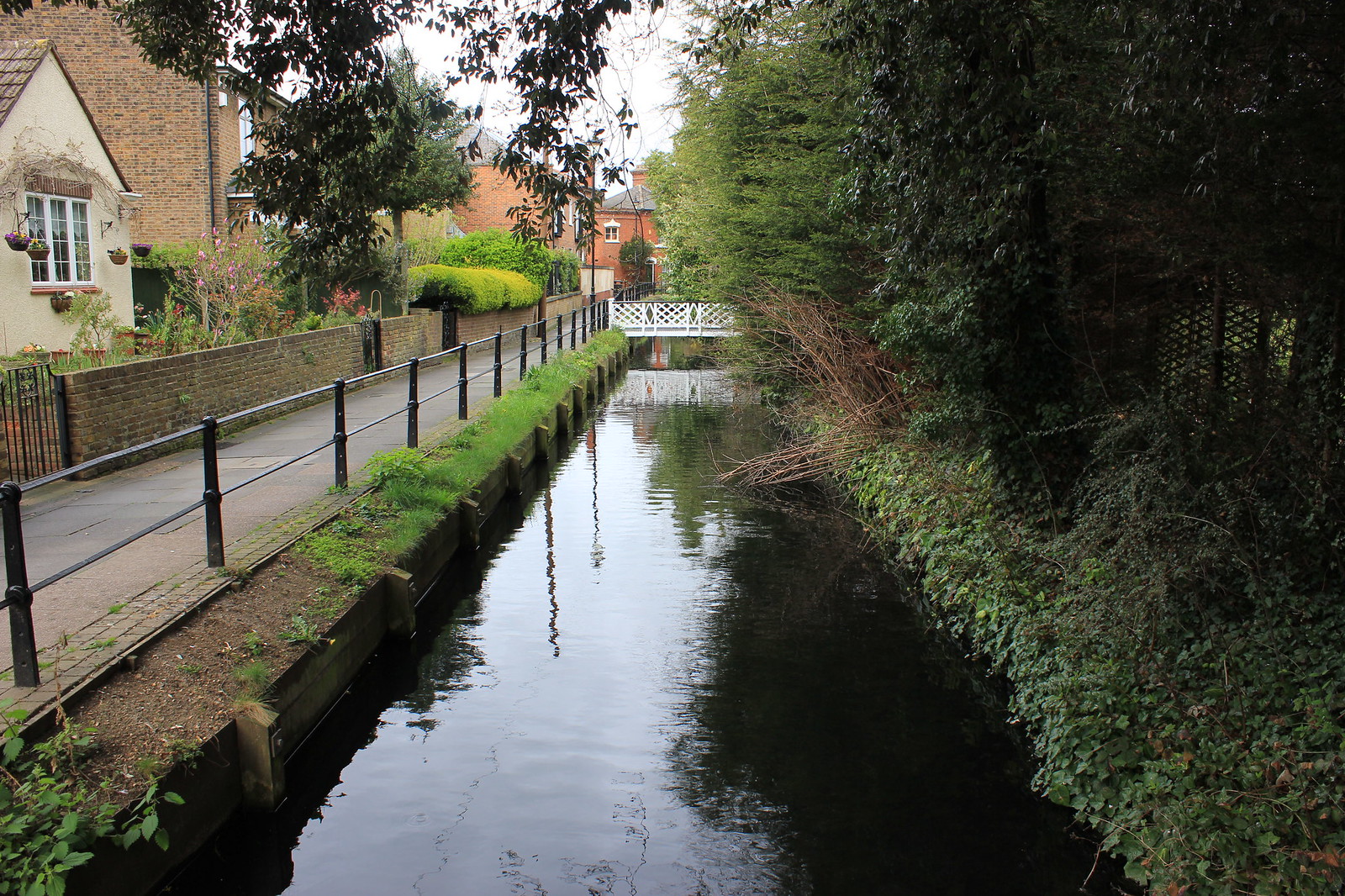
IMG_1168 (Enfield, London): photo by Tupinambah, 8 April 2012

IMG_1168 (Enfield, London): photo by Tupinambah, 8 April 2012

IMG_1168 (Enfield, London): photo by Tupinambah, 8 April 2012
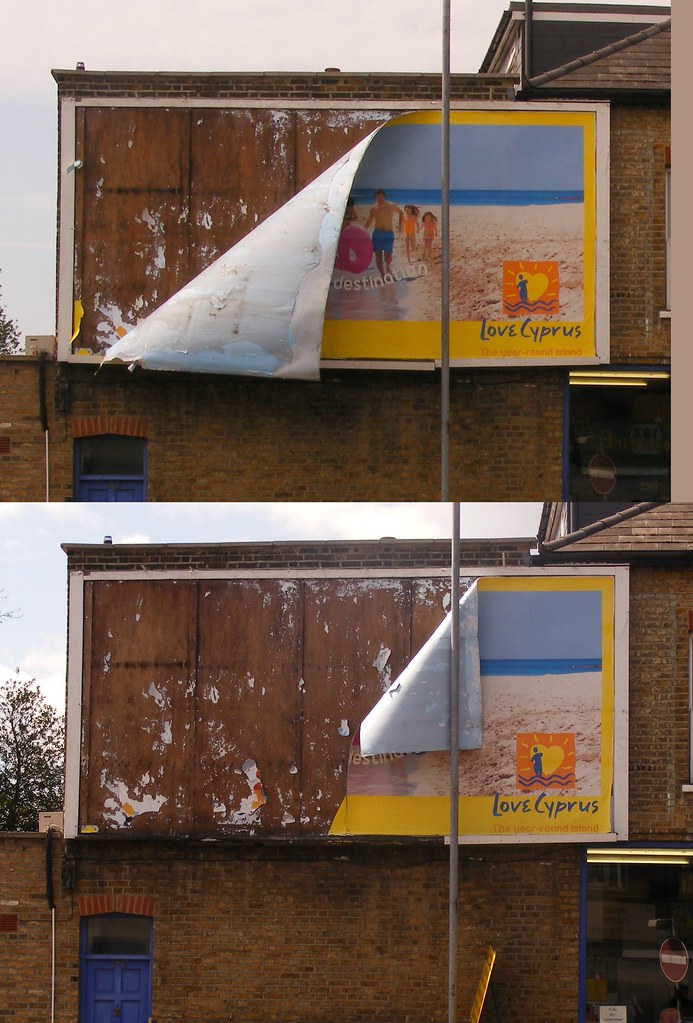
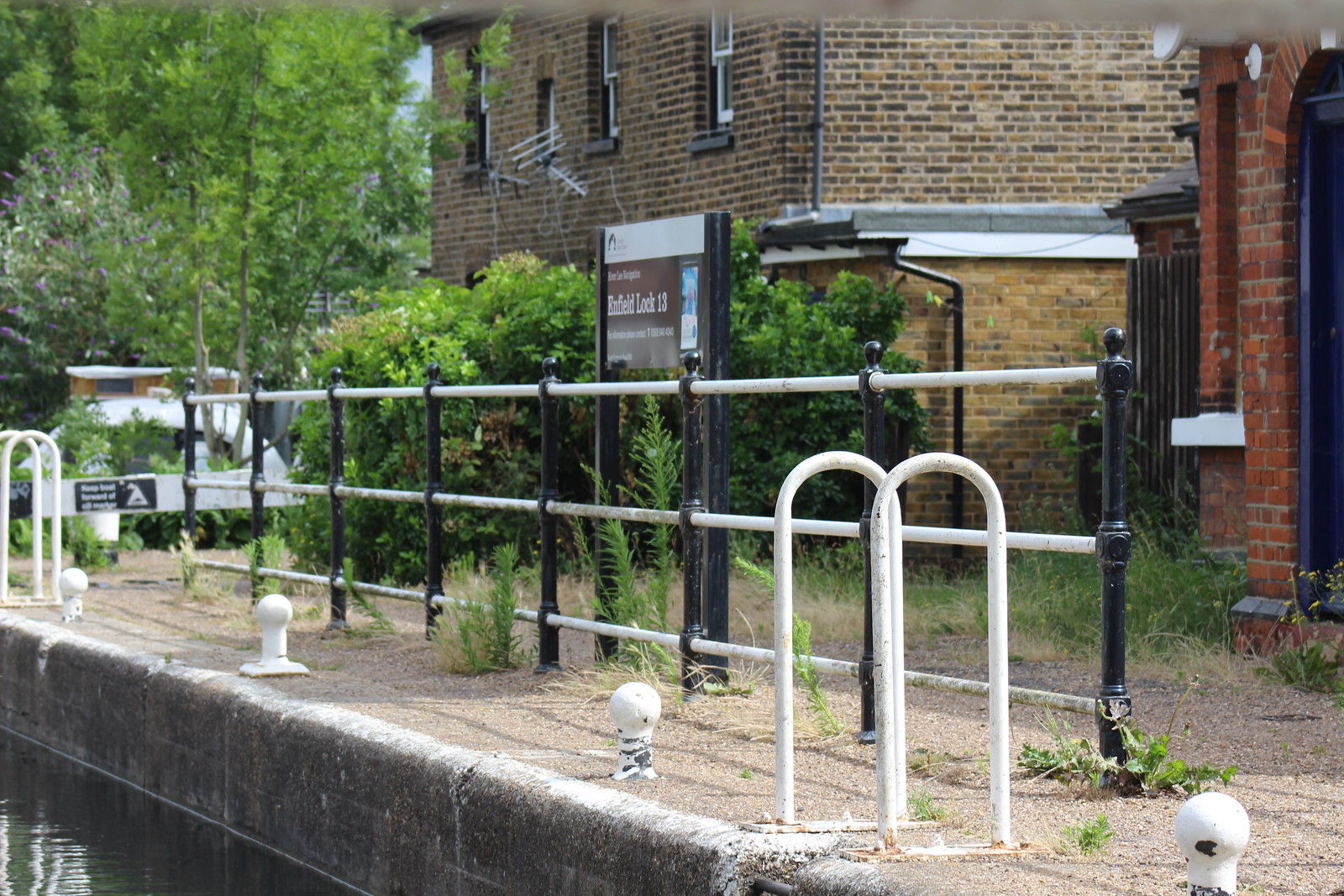
Enfield Locks (Enfield, London): photo by Fred Langridge, 24 June 2017

Enfield Locks (Enfield, London): photo by Fred Langridge, 24 June 2017

Enfield Locks (Enfield, London): photo by Fred Langridge, 24 June 2017
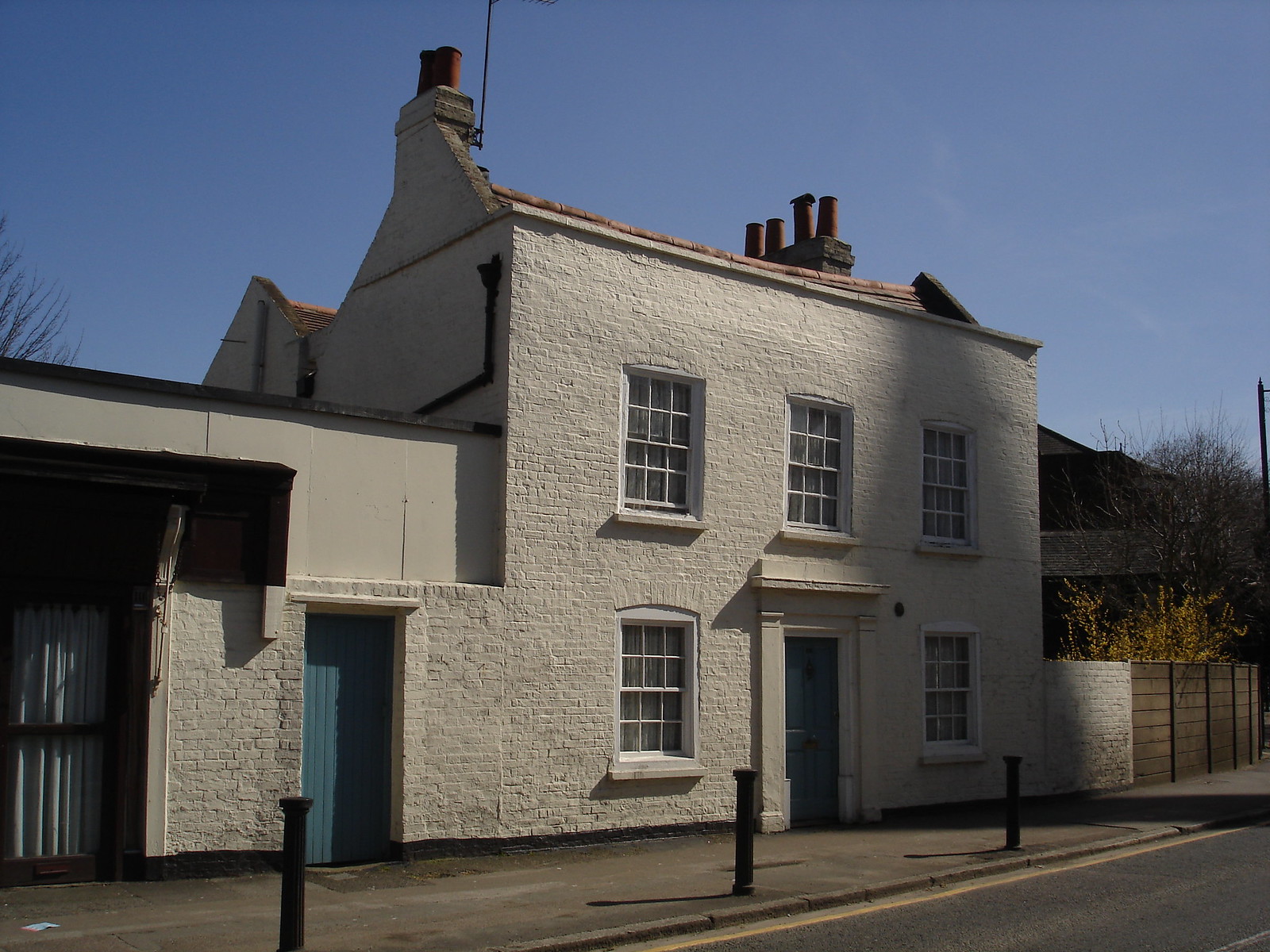

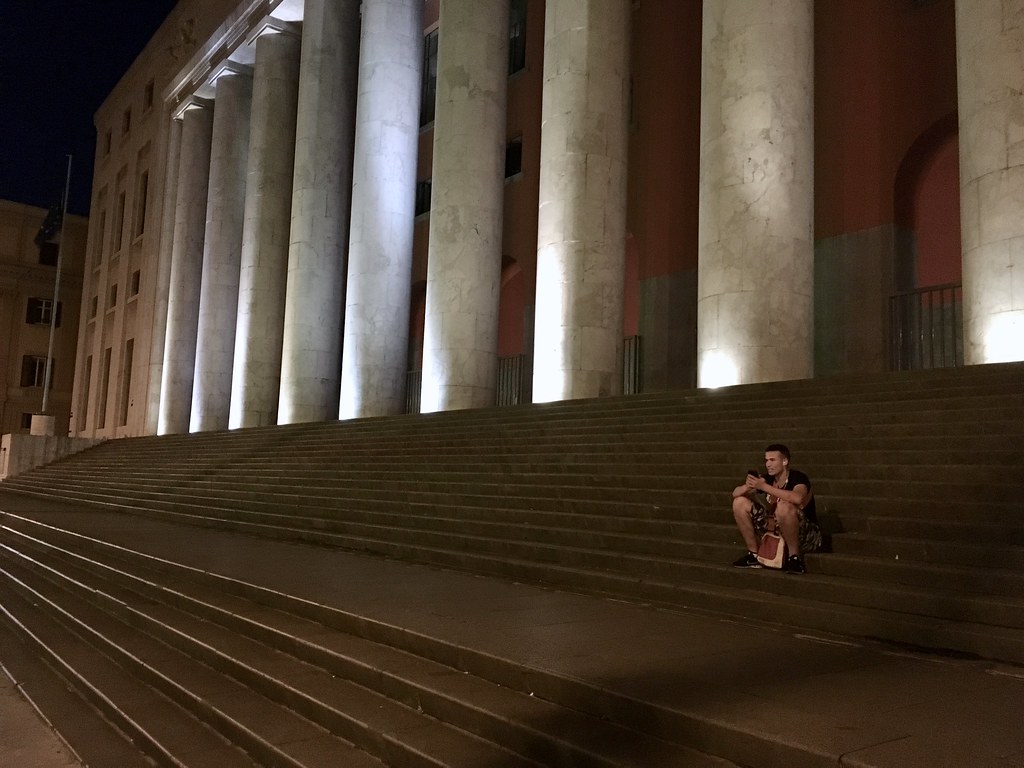
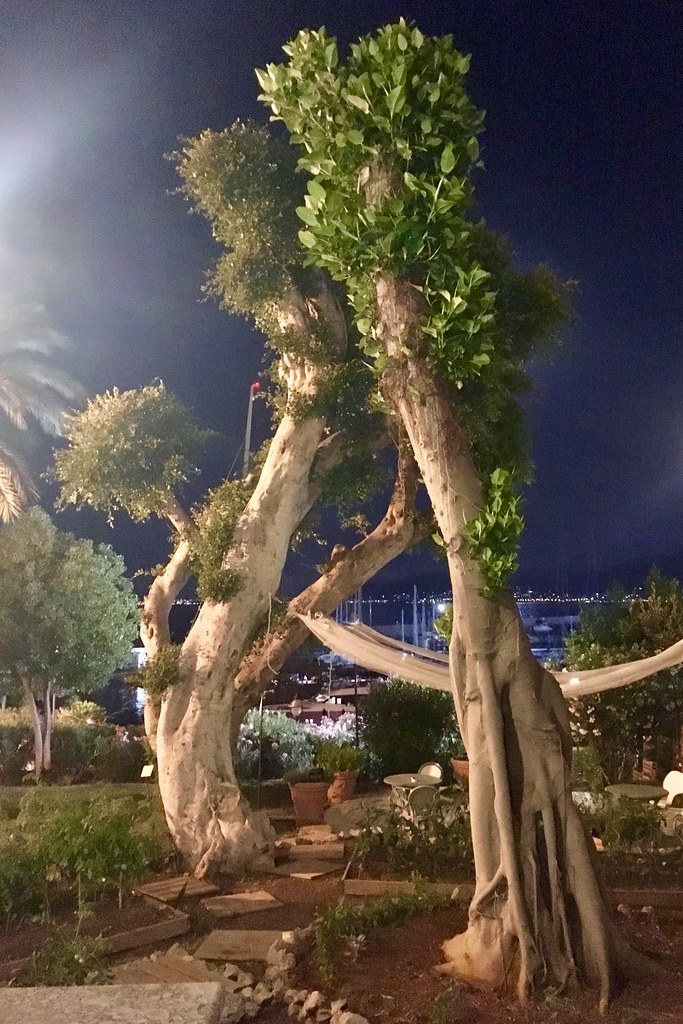
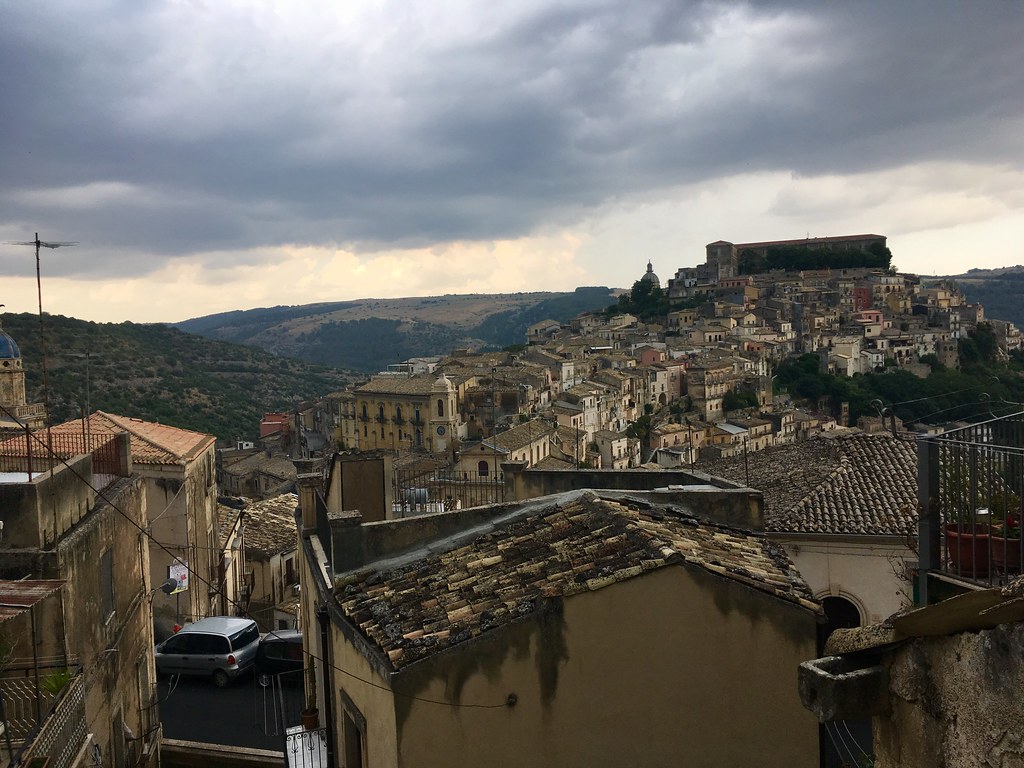
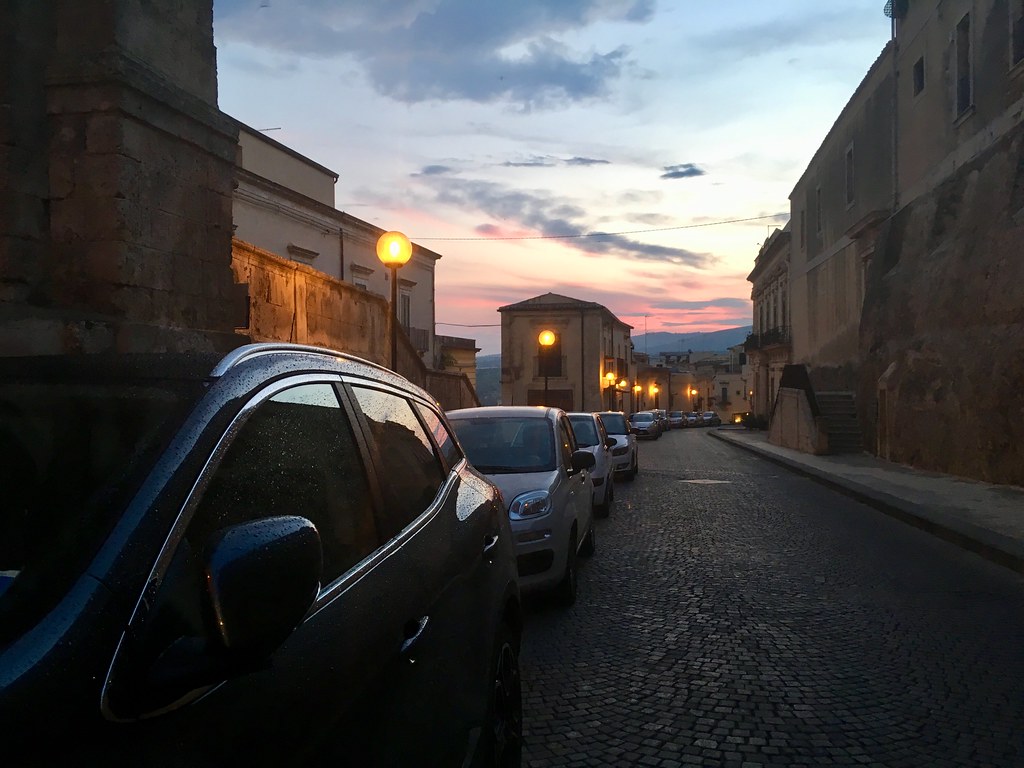
Decoys (1820)

View of the Campagna: Claude Lorrain, n.d. (British Museum, London)
Traveling on their interminable stagecoach through the bleak wastelands of the Campagna, the bone-weary Englishmen saw scabrous herdsmen poking at the skulls of dead horses, starved dogs scavenging in broken-down drainage canals, and rotting body parts of bandits impaled on poles. Fetid swamp air and vapors wreathed the countryside in suffocating morning mists which suddenly gave way to a high noon of brutal, relentless sun.

Campagna landscape: Arnold Böcklin, 1857-8 (Nationalgalerie, Berlin)
The towns were malaria-infected: Keats' hacking cough echoed through a flyblown trattoria where a crone in a black shawl served them a cadaverous duck. Severn tasted shot in it; Keats contended it was a decoy. The cardinal hunting with a gun on the road to Rome -- they met him late that afternoon, just as Keats began to be unable to differentiate the objects of his vision from purely subjective phenomena -- had an owl with a mirror fastened to its breast feathers. The owl was tied to a long stick, which the red-cloaked cardinal had set up to attract passing songbirds. Seeing their own images, the birds approached, and the cardinal fired errantly at them. Severn felt pity for the owl, which had by far the best chance of being shot, and Keats a curious sense of identification.
TC: Decoys (November 1820), from Junkets on a Sad Planet: Scenes from the Life of John Keats (1994)

Stormy Weather over the Roman Campagna: Karl Blecher, 1829 (Nationalgalerie, Berlin0
Coda: Echo and Variation: XII
High noon of brutal relentless sun,
Cardinal hunting with a gun on the road,
Owl with a mirror fastened to its breast,
Lions aboard Bernini's broken boat,
Body parts of bandits impaled on poles,
Dusty carcasses of animals that hang
The black winds of the negative universe,
Trattoria where a crone in a black shawl
Appears to strum an unknown lyre like
The letter seal given me by Fanny Brawne.
Swamp air and vapors wreathe the countryside,
Herdsmen poking at the skulls of horses,
Black the hue of mourning still drapes
Corporeal tissue decomposing
A week at market, darkening by degrees
From a faded terracotta red - the color
Steeps my brain in a dreamful fever-sleep,
Noon blasted by bolts of brass and gold
Wherein I labor beating out the links
Of fate, link after link, an endless chain.
TC: XII ["High noon of brutal, relentless sun..."], from Coda: Echo and Variation in Junkets on a Sad Planet: Scenes from the Life of John Keats (1994)
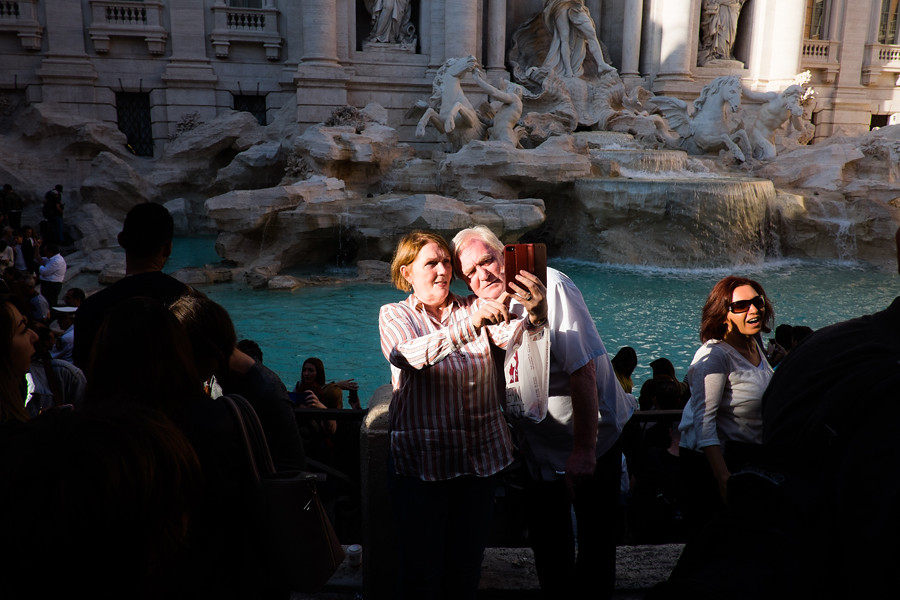
Roma, October 2017 #6 | DSCF2177 copia_a: photo by Roccantica, 20 October 2017
